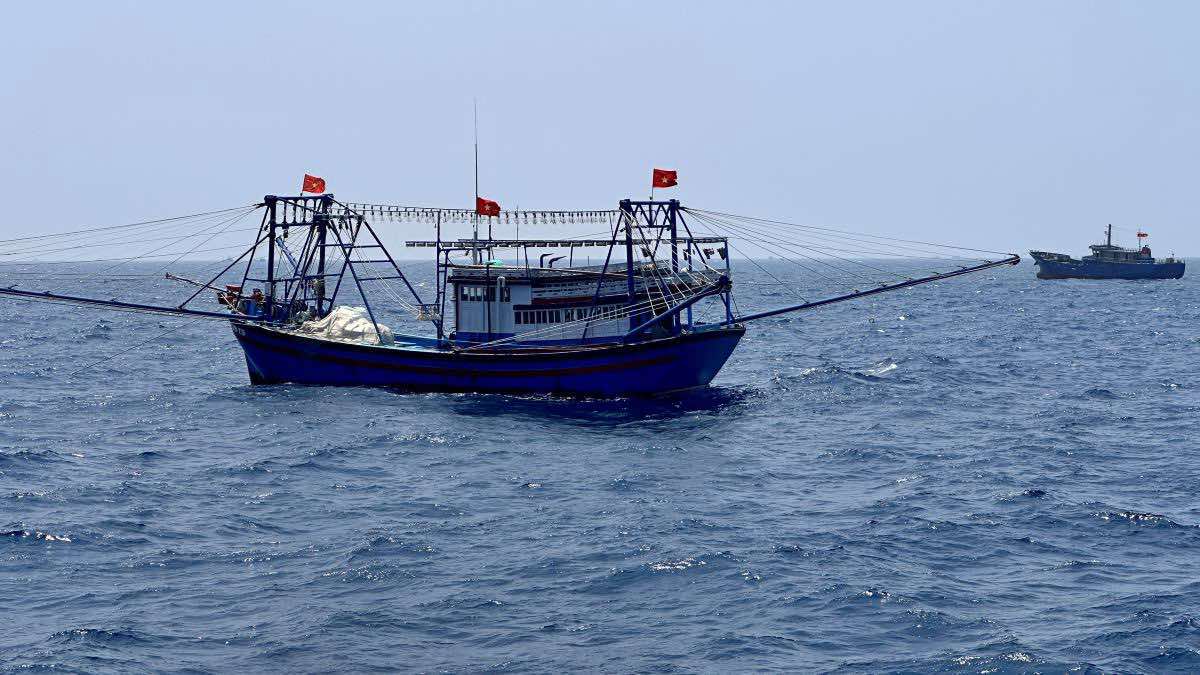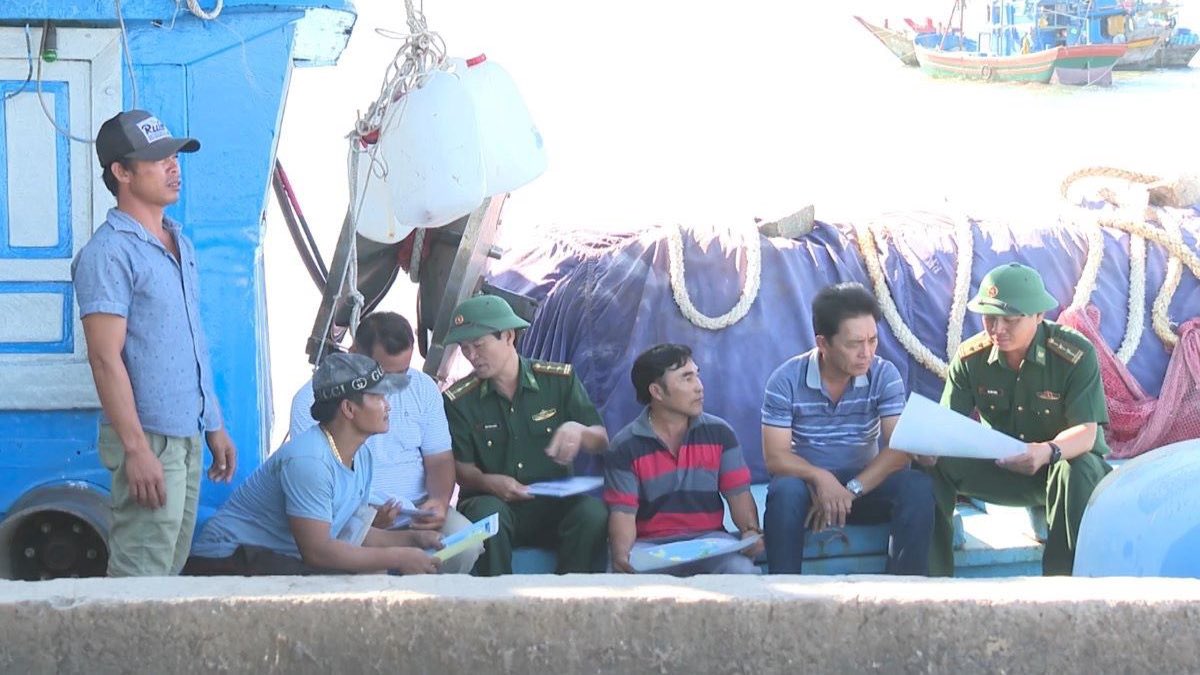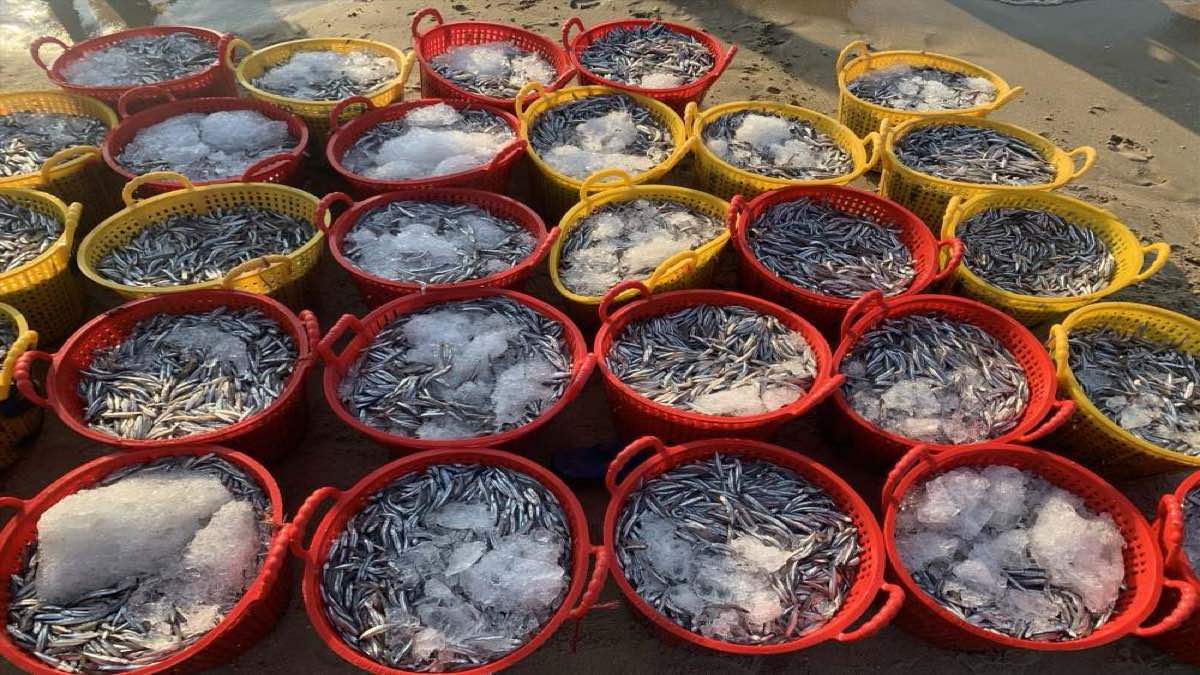With an area of 52,000 km2 under management, Binh Thuan sea is one of the three largest fishing grounds in the country. The whole province has more than 40,000 workers directly involved in fishing. The coastal waters of Binh Thuan have abundant aquatic resources, high economic value, and export value.

According to the People's Committee of Binh Thuan province, the output of exploited aquatic products in 2024 is estimated to reach 239,600 tons, an increase compared to 2023. The province has focused on drastically implementing the Central Government's direction on combating illegal, unreported and unregulated fishing.
Since the beginning of the year, there have been no cases of fishing vessels and fishermen being detained by foreign countries in the province. The Fisheries Surveillance Force has detected and transferred 160 cases of IUU fishing violations to specialized agencies and local authorities for handling.

Binh Thuan currently has 1,941 fishing vessels with the largest length of 15m or more, operating with VMS equipment installed, reaching a rate of 100%. Authorities continue to promote the effectiveness of the voyage monitoring system in monitoring and preventing fishing vessels from exceeding permitted boundaries at sea, monitoring fishing vessels entering and leaving ports, loading and unloading products, and tracing the origin of aquatic products.
In mid-November, the People's Council of Binh Thuan province also passed a resolution regulating the policy of supporting the subscription fee for satellite services to monitor fishing vessels in the province. Qualified fishing vessels will be supported with a subscription fee of 175,000 VND/month/vessel for satellite services to monitor fishing vessels. The support period is 36 months.
According to records at Phan Thiet fishing port, before the information about the above Resolution, fishing boat owners were all happy and confident to go out to sea.

During the exploitation process at sea, fishing vessels still maintain good operation of 129 solidarity groups with 982 boats/4,910 workers and 5 fishing unions.
Seafood resources from offshore fishing bring economic value and also create jobs for thousands of workers in the maritime industry and in logistics and service sectors.











